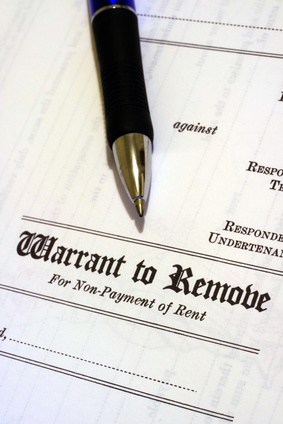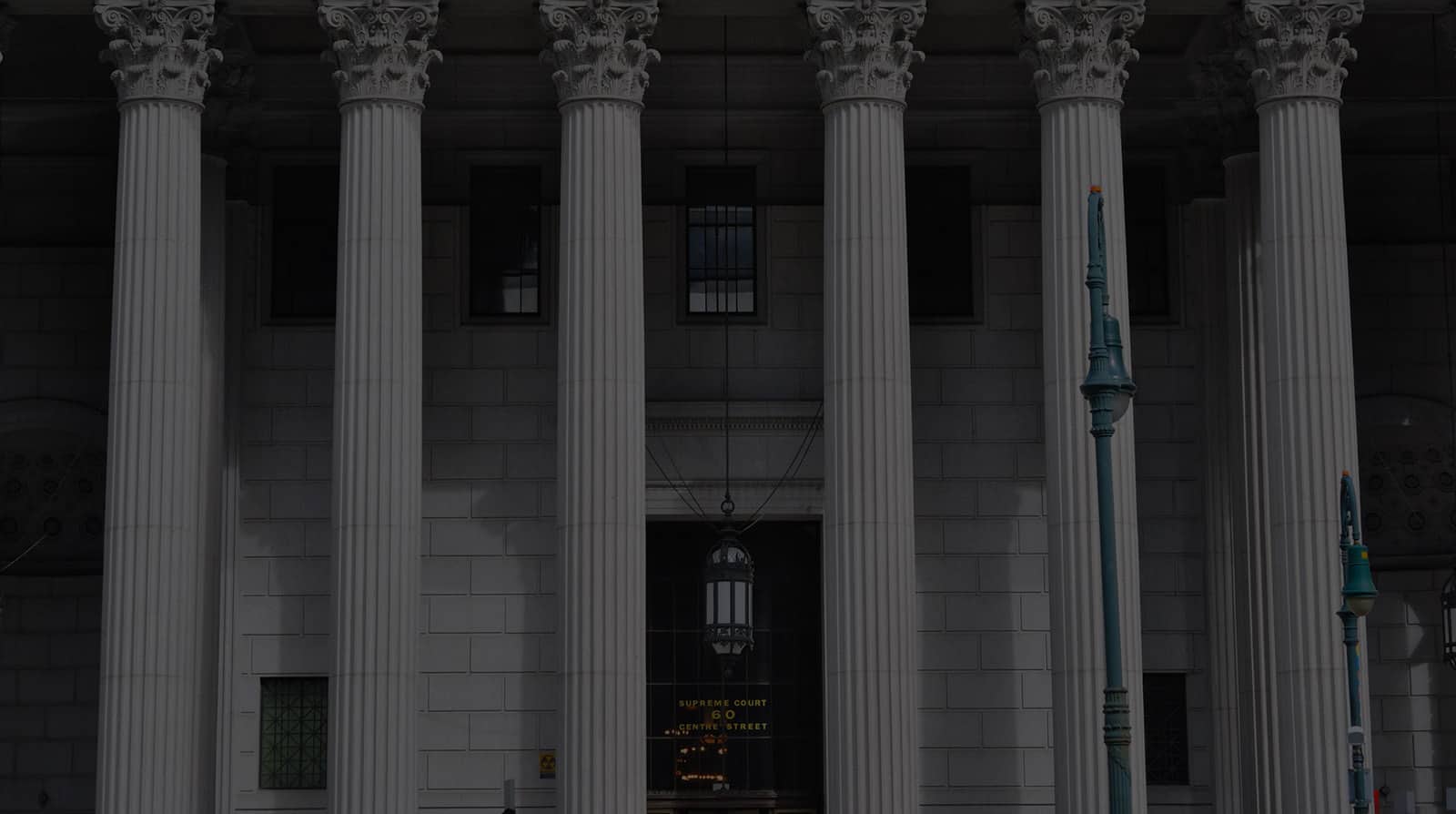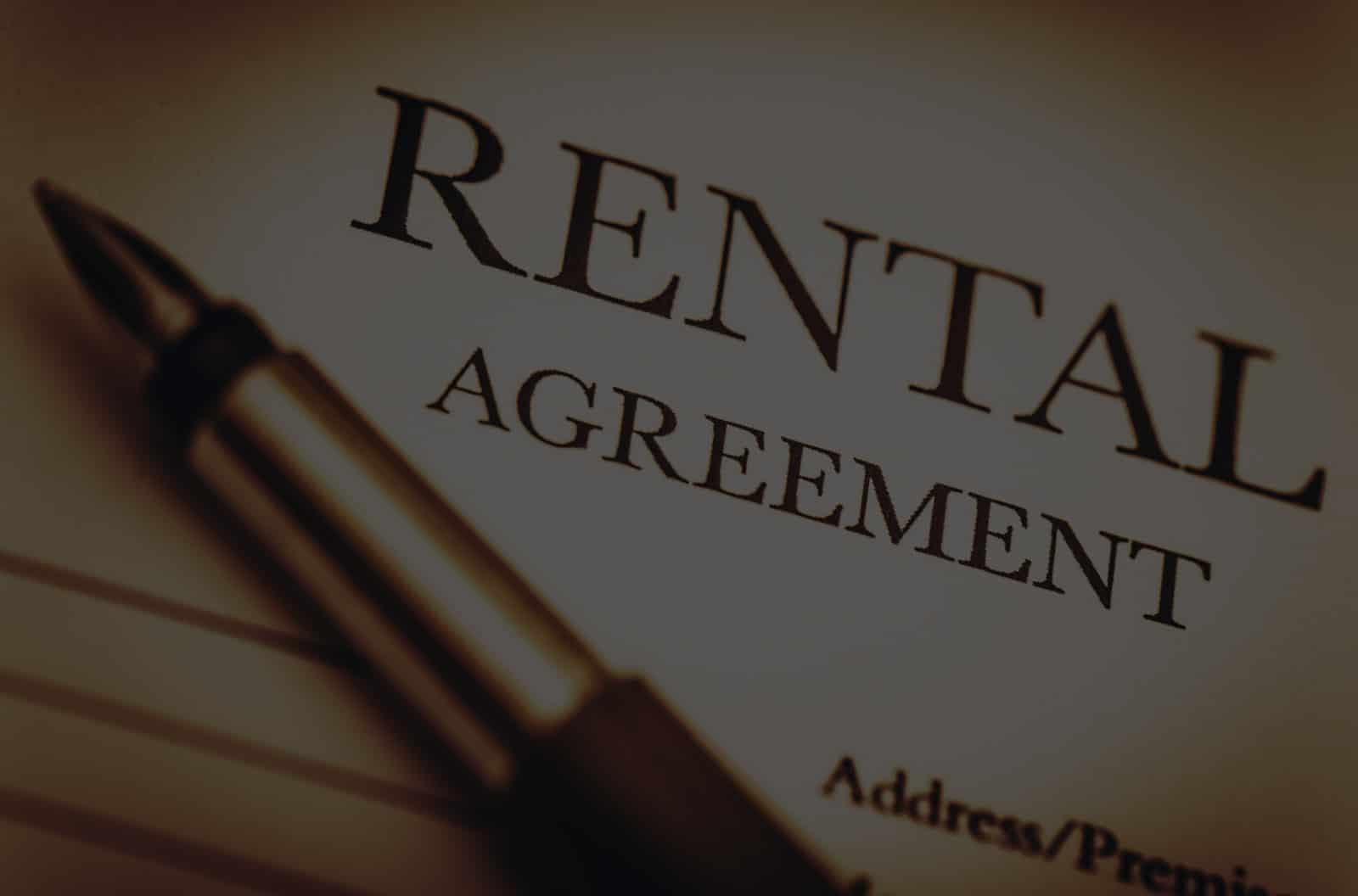What Constitutes a Wrongful Eviction?
“Wrongful eviction” is a term used to describe when a landlord takes steps to oust a tenant on his or her own without following correct legal procedure to lawfully evict a tenant. On occasion, instead of hiring a landlord tenant lawyer and seeking entitlement to the premises back through the legal system, a landlord tries to instead move all of the unwanted tenant’s belongings out of the rented premises once they cease paying rent. If a wrongful eviction occurs, not only will a wrongfully evicted tenant be allowed back into the premises, but under the Real Property Actions & Proceedings Law, the landlord could face severe financial penalties for their “self help” eviction.
In Pernell v 287 Albany Avenue, LLC, a New York Supreme Court Suffolk County action, a tenant sued his former landlord seeking to recover damages for an alleged wrongful eviction. Sometime in 1995, the tenant, Ben Pernell, took occupancy of commercial premises located at 287 Albany Avenue, Amityville, in the Town of Babylon, New York, which consisted of three storefronts in a single building. Mr. Pernell took occupancy of the middle store, opened a delicatessen and convenience store, and made regular monthly rental payments. In 2003, Mr. Pernell informally allowed his cousin Geneva Lee to take over the business, and Ms. Lee began making the monthly rental payments in place of Mr. Pernell. All of the store fixtures and other business equipment were still owned by Mr. Pernell, and remained on the premises. Ms. Lee operated the business until August or September of 2005, and at that time the store closed, and it is assumed that Ms. Lee ceased paying the rent.
On December 19, 2005, the property was purchased by new owners, 287 Albany Avenue, LLC, who testified that Mr. Pernell’s store never appeared to be open to them, and that the previous owners, as well as the contract of sale guaranteed delivery of the premises free of tenancies, declaring that the premises were vacant. As such, they claimed, they could not be liable for a wrongful eviction, as no one had informed them that tenants were still in possession of the premises. After listening to the facts, the Judge, however, held differently.
In December 2005 after the conveyance of the property, Mr. Pernell drove past the premises (which he did on a daily basis), and saw a dumpster in front of his store, the security gates opened, and his padlocks having been forcibly removed. Mr. Pernell stopped his vehicle, went inside the store where he spoke with a man there who told him that the building had been sold. He complained to them that he was a tenant who was being wrongfully evicted, but they did nothing. Feeling at a loss, he went to the First Precinct of the Suffolk County Police Department to file a complaint about the wrongful eviction, but he was advised to retain a landlord tenant lawyer, as they could not help him. Mr. Pernell testified that at no time did he receive any notification that the premises had been conveyed, nor had any action been commenced against him by a landlord lawyer to obtain possession of the premises. As such, the entry into the premises and the removal of his belongings constituted a wrongful eviction.
The Suffolk County Supreme Court Judge held that even though Mr. Pernell stopped paying rent, he was still a valid tenant, and as such, his tenancy is governed by the terms and conditions set forth in the written lease, and also entitles him to the protection of the Real Property Actions & Proceedings Law, which requires a proper court proceeding to evict a tenant.
The entry upon the premises by the new owner without first giving statutory written notice or commencing an eviction proceeding with a landlord lawyer constituted both a wrongful eviction and a trespass, thereby entitling Mr. Pernell to recover damages from the new owner.
Ordinarily, the measure of compensatory damages for wrongful eviction would be the value to Plaintiff, above and beyond the rent, of the unexpired term of the leasehold interest plus the actual amount of damages that flow from the wrongful ejectment, North Main Street Bagel Corporation v. Duncan 37 AD3d 785, 831 NYS2d 239 (2nd Dept, 2007). Since here, Mr. Pernell’s leasehold had no ascertainable value (since he stopped paying rent), his recovery was limited to whatever actual damages he reasonably sustained as a result of the new owner’s actions, which he claimed was $30,000 (the value of the fixtures and equipment on the premises which was wrongfully withheld from him).
Mr. Pernell also made a claim for treble damages due to the wrongful eviction. RPAPL § 853 states:
“If a person is disseized, ejected or put out of real property in a forcible or unlawful manner, or, after he has been put out, is held and kept out by force or by putting him in fear of personal violence or by unlawful means, he is entitled to recover treble damages in an action therefor against the wrong-doer.”
The wrongful eviction may be either by force or other unlawful means or by the use of force or intimidation after ouster. There need not be any actual violence or intimidation in order to recover treble damages.
The Suffolk County Supreme Court Judge awarded Mr. Pernell $30,000 for the cost of his fixtures and equipment, together with $90,000 as treble damages for his wrongful eviction, as well as costs and disbursements.








I had two illegal eviction notices a wrongful entry and sent me a letter keeping my deposit
Can I take my local housing to court and sue them for evicting me from my home 4 years ago onto the streets when I had a disability and can I sue for them for the value of my whole house of belongings which I never got back
depends on the statute of limitations ..number of years to file against them is different every place… then if that is still open you can sue them …if you have a disability you can apply for reasonable accommodations and you will be able to get your housing back… even if you got an eviction… you will need a doctor to verify the disability unless you get SSI… that will be good proof on its own….